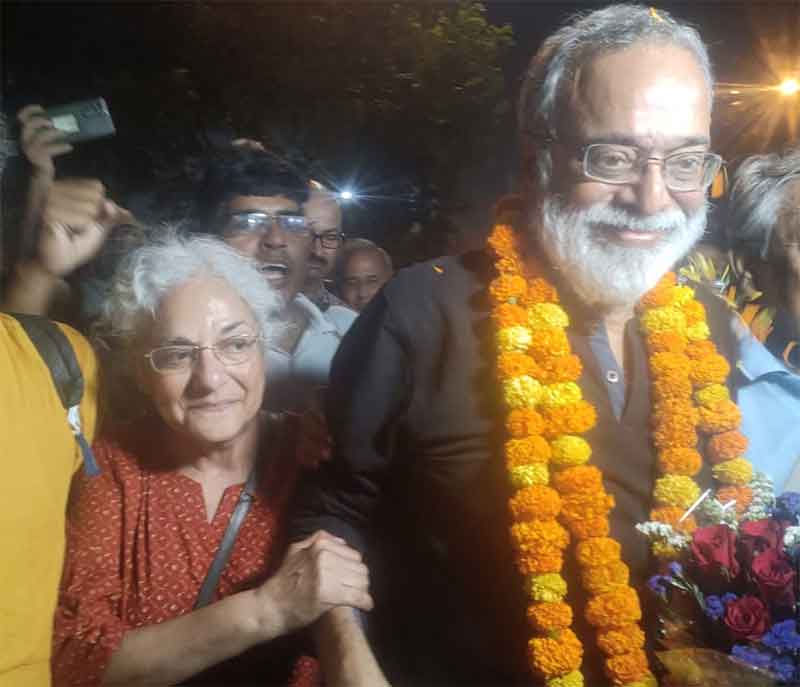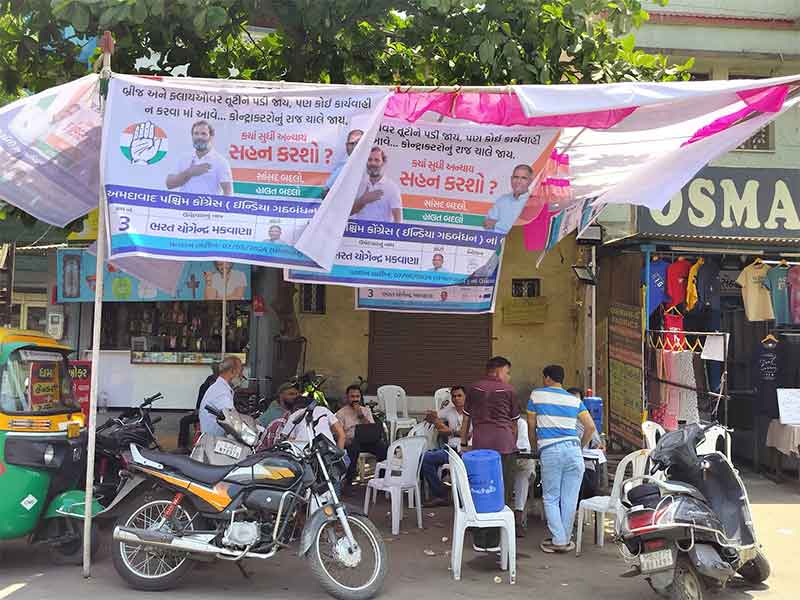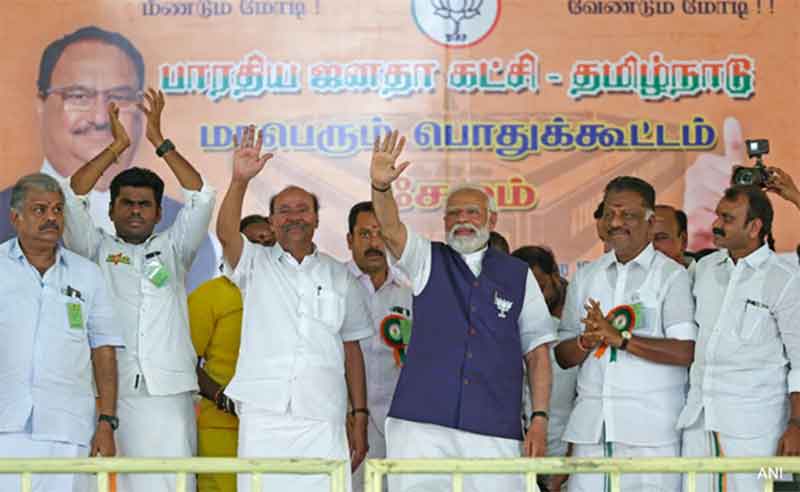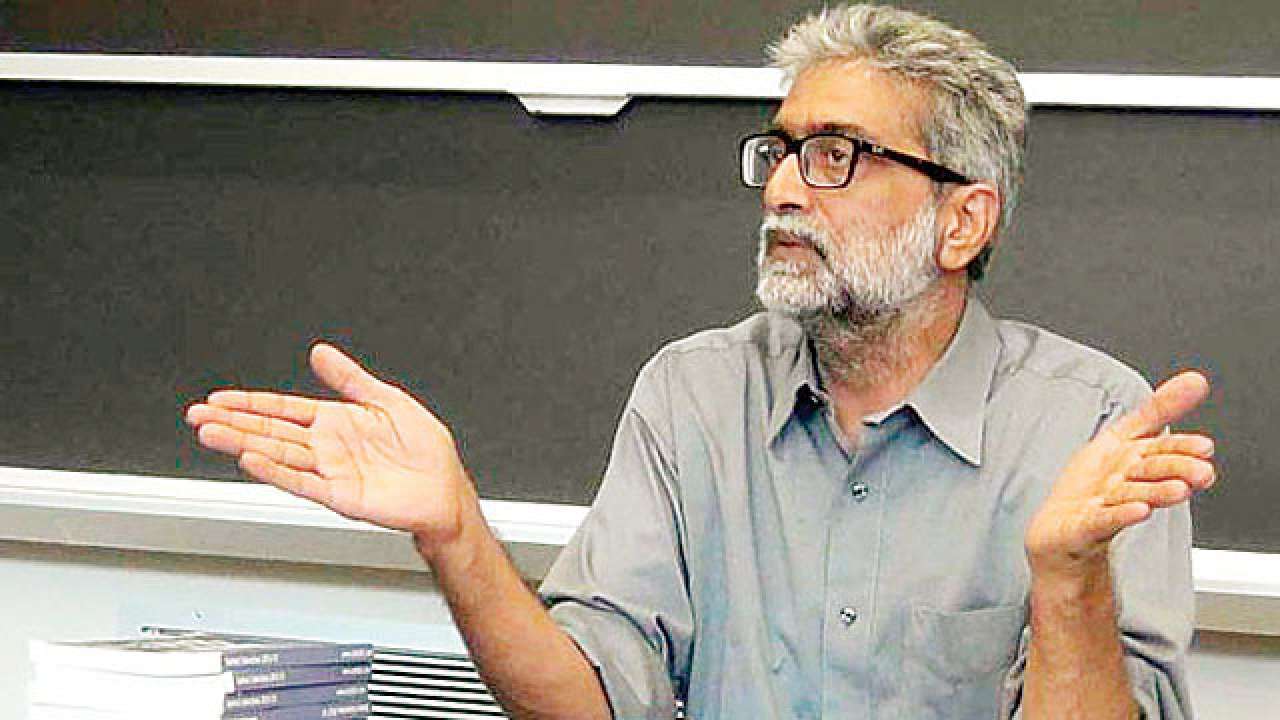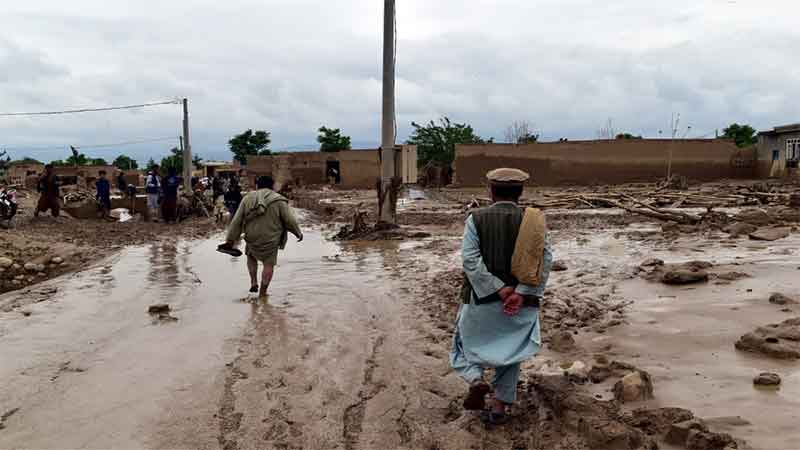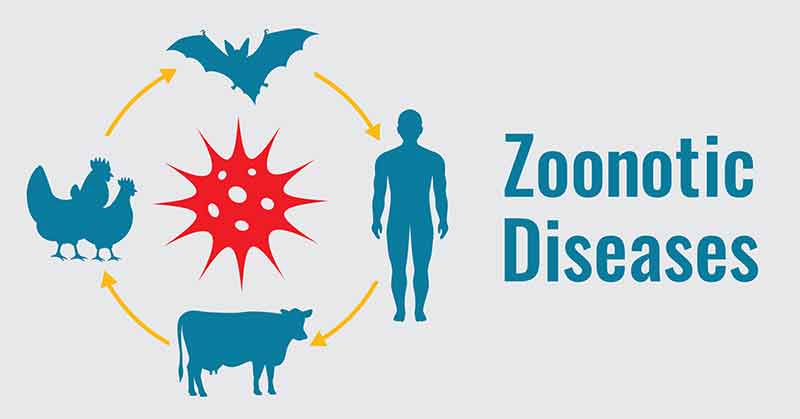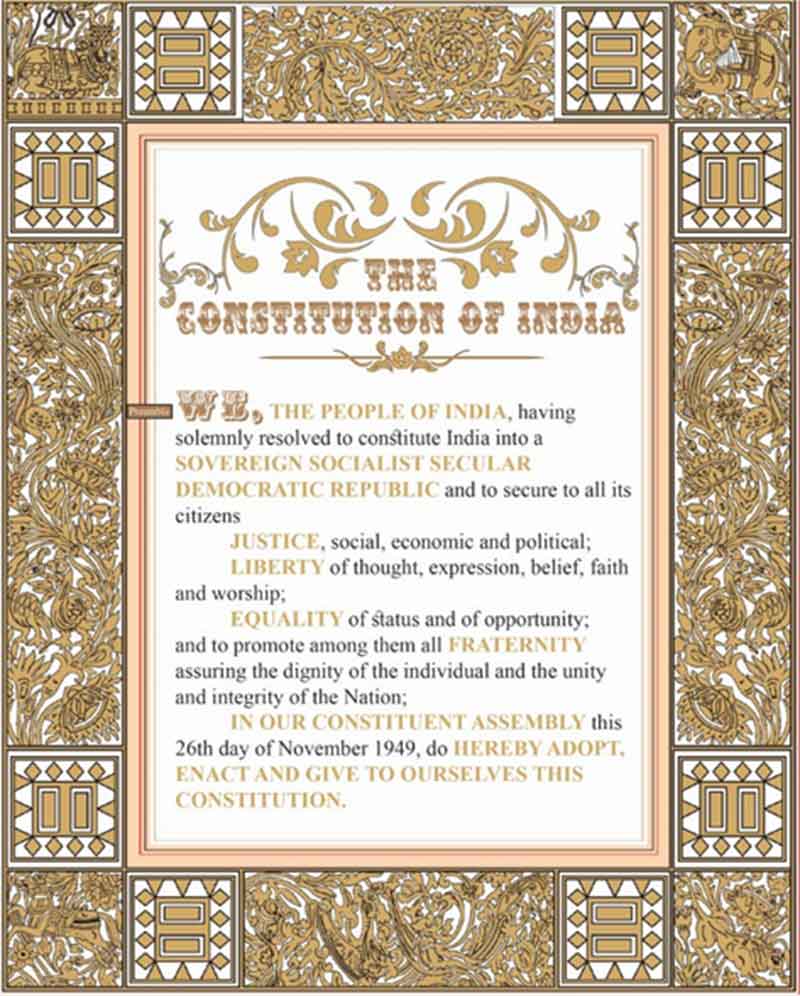
In recent years the technology of modified insects including genetically modified insects, particularly mosquitos, as well as other related technologies, have been exposed in several countries for their harmful impacts on environment and people as well as for their even more sinister implications for biological warfare. In fact in the case of some projects involving foreign collaboration India had an early experience of this. Therefore the technology of GM Insects, particularly mosquitoes, which is being peddled by some powerful corporate interests as well as billionaires and international organizations, should be firmly rejected by India. Although this is being written here more specifically in the context of India, such a policy of rejecting this technology should be adopted more firmly by the entire Global South as the promoters of these high-risk technologies have very powerful contacts in the Global North, particularly in the USA and Britain, and without having a firm opposing policy in place, some Global South countries may get trapped in this. Countries of the Global South should also cooperate to together evolve this policy of opposition, while at the same time extending this cooperation to finding better ways of reducing harm from mosquito borne diseases without falling into the trap of those big business interests who are trying to use these diseases as a means of extracting huge profits and/or or extending their control over the health sector.
The authorities in India appeared to be well aware of this responsibility at least till some time back. A front-page report in the Business Line ( August 20,2018) titled ‘ Govt. may swat GM (genetically modified) Mosquitoes’ and written by Rahul Wadke said, “ The government is set to deny permission for open field trials to introduce genetically modified (GM) Aedes aegypti mosquitoes. The new GM technology claims to control the spread of the dengue, chikungunya and zika virus in India by using GM mosquitoes to disturb the life-cycle of the virus-carrying mosquitoes. Mumbai-based company GBIT, associated with seed giant Mahyco and the UK based Oxitec, is seeking regulatory approvals from the Department of Biotechnology and other Ministries to introduce the technology in the country. Top Central sources said government scientists are skeptical about the efficacy of the technology. They are worried about the unknown consequences and the likely impact on environment owing to the release of GM mosquitoes.”
However when the Department of Biotechnology introduced ‘Guidelines for Genetically Altered Insects’ in 2023, these did not appear to show adequate awareness of the high risks involved as well as the substantial literature available by then regarding these risks. These appeared to follow guidelines of the WHO ignoring the highly regrettable fact that a billionaire involved most closely in pushing these high risk technologies has also emerged as a major collaborator/funder of the WHO. There should be reconsideration also of how much faith can be placed in the Genetic Engineering Appraisal Committee given its track record—it appears that some further authority and expertise is also needed to check heavy corporate influence in such matters as well as to protect national security interests. There are some other problems and shortcomings also regarding these guidelines as pointed out in a recent review published in a reputed newspaper (see ‘The Problems with India’s New Guidelines on Genetically Modified Insects’ by Sambhavi Naik, The Hindu, 2023).
In fact scientists and environment activists in many parts of the world have warned against this technology and the secrecy associated with its dubious promotion. This technology has also been indicted for its possible biological warfare implications in the past.
Many such trials have been organized with secrecy in several parts of the world so far. Serious hazards associated with such trials have been exposed time and again.
Dr. Helen Wallace , Director of GeneWatch UK has written , “ The benefits of releasing billions of genetically engineered mosquitoes into the environment have been exaggerated and the risks have been downgraded. One concern is that releasing genetically engineered mosquitoes could even make the dengue situation worse, perhaps by reducing immunity to the more serious form of the disease. Panamian researchers have warned that a competitor species, the Asian tiger mosquito, which also transmits dengue and chikungunya, could move in and be harder to eradicate. Disease transmission by this might increase in future. The use of tetracycline to feed genetically engineered mosquitoes in Oxitec’s (Oxitec is a British-American firm involved in spreading this technology) mosquito factory risks introducing antibiotic resistance bacteria into the environment, posing a risk to human health.”
Earlier a press release by Friends of the Earth USA informed , “ A confidential internal document obtained by civil society groups shows genetically modified mosquitoes described by their manufacturer , UK company Oxitec, as sterile are in fact not sterile and their offspring have a 15 per cent survival rate in the presence of the common antibiotic tetracycline.”
Eric Hoffman of Friends of the Earth said while commenting on this that the credibility of the company involved has been undermined as it has been hiding data from the public. He said that trials of its mosquitoes should not move further in the absence of comprehensive and impartial review of environmental hazards and human health risks.
A Reuters report dated 30 January 2016 and titled ‘GMO Mosquitoes could be cause of Zika outbreak, critics say’ said, “Oxitec critics also suggest that in the absence of studies into the potential knock-out effects of this in these mutated mosquitoes it is possible that they thrive in the wild with unknown mutations taking place in the genetically modified mosquitoes , which in turn could worsen the spread of Zika virus.”
Critics have pointed out that although this technology is pushed in the name of disease control by powerful interests it may actually lead to a worsening of diseases, as pointed out in recent years by public interest campaigns in several countries.
In India such efforts were first seen in the form of the Genetic Control of Mosquitoes Unit Project during the 1970s and this project was strongly criticized in the media for its various hazards and even biological warfare implications. The Public Accounts Committee of the Indian Parliament also supported this criticism in its 167th Report. The hazardous implications of the project were exposed by C. Raghavan in Mainstream (May 17, 1975) and by the brilliant PTI reporter Dr. K.S. Jayaraman. This writer also wrote extensively on this issue, including in a cover story for the Sunday Magazine section of leading newspaper The Times of India. While a lot of damage was done by this project, the large-scale release of dangerous mosquitoes in the crowded city of Sonipat ( Haryana) could be stopped at the last minute.
In a recent comprehensive review of this technology titled Mosquito in the Ointment (see Frontline– February 16, 2018) a senior Indian scientist Dr. P.K.Rajagopalan, former director of the Vector Control Research Centre has exposed many-sided problems and hazards of this technology. He has concluded after examining a lot of evidence from various parts of world, including India, “It is obvious that the release of genetically manipulated vector mosquitoes not only is ineffective but also poses a great danger to society.”
Hence permission of any further trial of this dangerous technology should be stopped immediately and this hazardous and highly suspect technology should be given up for all time instead of being introduced time and again in new garbs by powerful, narrow-minded foreign interests and billionaires (plus their local collaborators) some of whom have already done a lot of very serious damage in the seeds, farming and health sectors.
Bharat Dogra is Honorary Convener, Campaign to Save Earth Now. His recent books include Protecting Earth for Children, Planet in Peril, A Day in 2071 and Man over Machine.








